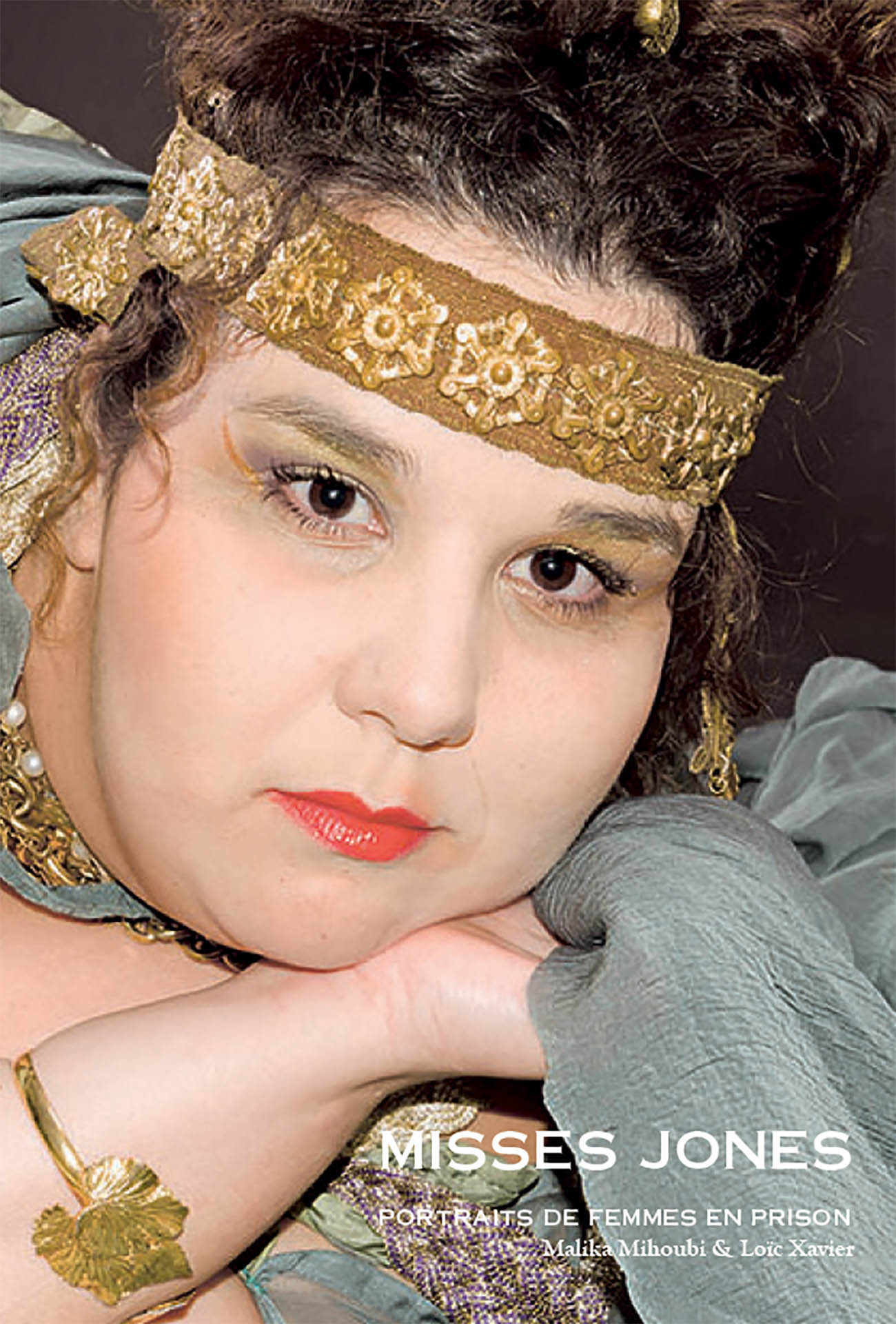Malika MIHOUBI, Loïc XAVIER


This post is also available in:
 French
French
These portraits of women in prison offer a meditation about appearance and how it’s related to identity. This book doesn’t reveal anything of their sordid realities, of jail, bars, shouts, sex or lacking of sex, just lacking, violence, toxs, loneliness, the power of money and the abuse of power, infantilization, injustice and poverty. From their 7 or 9m2, it puts forward the only territory belonging to them, their bodies.
Perhaps mutilated, surely sealed, below the lace and their scarified arms, this white fur, these jewels, these dresses and these falbalas, their adorned bodies are rather revealing than hiding their humanity. By swapping the codes of the representation of portrait, this book suggests seeing these women in another way.
This photographic work explores the coexistence of different recognition spaces within the same place which is characterized by deprivation and depersonalization. In a detention center, a place dedicated to confinement and exclusion, there are still areas of a relative freedom of expression of individualities. There are some ”valve” spaces which belong to the prison system regulating their access and use, such as this hair salon, as well as those that are more ephemeral, such as this one which was created during a photographic workshop.
In the theater, the costume is, with the decor, the first visible sign for the spectator. It is both real (volume, material, color) and fictitious through the codes of representation it conveys. Second skin of the actor, the costume characterizes the character, inscribes him into a historical and social reference, participates in his gestures and, more broadly, in dramaturgy. In a prison environment, the stage costume introduces a whole aesthetic, poetic and symbolic field which makes possible a new appearance apart from the stereotypes about a detained woman.
From a critical perspective of the order and codes established by the sidelining schemes, adornment allows creating a position of emancipation and subversion.
The voluntarily glamorizing staging creates avatar images which question representation and its relation to identity. They disappoint the expectations of the collective imagery of detained women. By playing with appearance, a tension appears between the demand for recognition and the necessity to appear. It’s a question of painting a portrait that is codified according to historical and social standards considered to be inaccessible. The magnificence of the costume makes this transformation possible and, strictly speaking, designates the character whose social identity is recognized at first glance.
With their agreement, with their faces uncovered, these imprisoned women leave their clothes of non-people and of non-social life behind them. They scramble the cards and reveal another possible.


